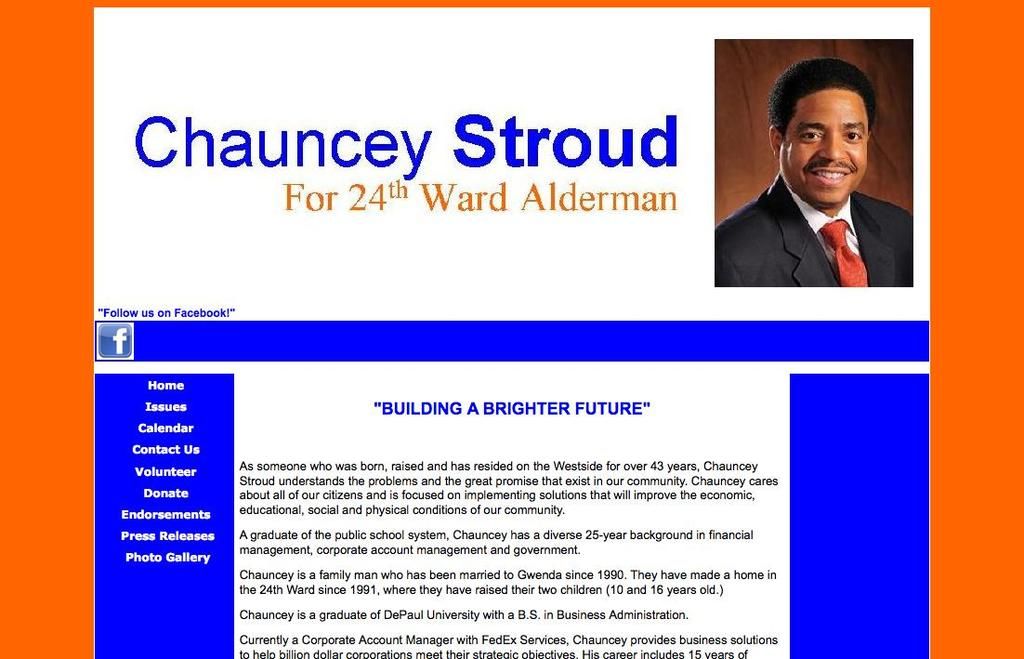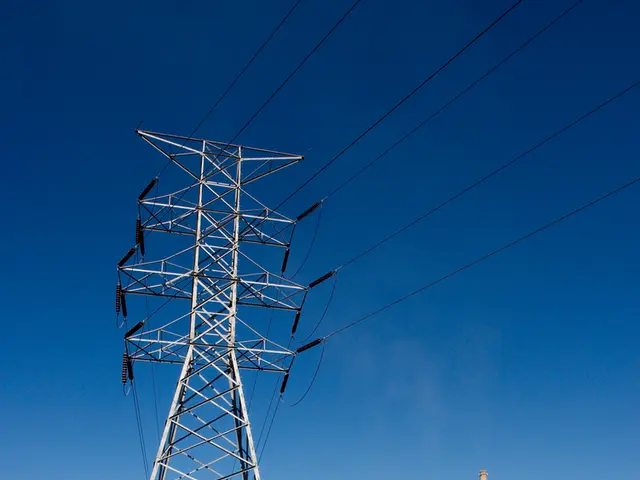Is the Harm of Prohibited Literature for Young Adults a Result of Their Restrictions?
Embracing the power that books wield on shaping young minds, let's dive into the heated debates surrounding the banning of certain books, often in school libraries. These disputes frequently revolve around literature targeted towards young adults, stirring up a mix of legal, political, practical, and educational concerns.
Contending Arguments for Book Bans
- Minor Protection: Some individuals argue that particular books expose children to explicit content, such as sex, violence, or drug use, which could potentially be detrimental to their development. Such themes might be deemed unsuitable for younger or immature readers, who lack the maturity to grasp these issues contextually.[3]
- Educational Alignment: Schools can claim a right to ban books that are deemed "pervasively vulgar" or "educationally unsuitable" to align the content with educational goals and standards.[2][5]
- Community Influence: There's a political perspective that local communities and parents should be granted a voice in determining the ideas and values presented to their youngsters. This viewpoint underscores the democratic right of parents and communities to decide what content is suitable.[3]
Counterarguments Against Book Bans
- Intellectual Freedom: Critics claim that book bans infringe on the First Amendment rights of students, restricting their access to various viewpoints and information. This limitation may hinder creative thinking and open-mindedness.[2][5]
- Fostering Discussions: Young adult literature often delves into intricate themes relevant to teenagers' lives, such as racial justice, identity, and societal inequalities. The ban on these books can curtail opportunities for essential discussions and understanding of the world.[4][5]
- Educational Advantage: Numerous educators believe that facing challenging themes in literature can boost students' empathy, comprehension, and critical thinking skills. Censoring these books may disadvantage students by limiting their exposure to real-world challenges.[4]
- Unfair Access to Information: Restrictions on books could create educational disparities, as some students might have access to certain books while others do not, thereby exacerbating existing disparities in educational resources.[4]
In essence, while certain parties advocate for book bans to protect minors from inappropriate content and for communities to uphold educational values, others contest that these bans unjustly restrict intellectual freedom, hinder enriching discussions, and deprive students of necessary educational opportunities.
Adults and teens might argue that certain books, containing explicit themes like sex, violence, or drug use, could adversely impact young children's development and be educationally unsuitable for them. Schools might also claim the right to ban books that are perceived as vulgar or mismatched with educational goals and standards to align their content. Local communities and parents, under a political perspective, might advocate for the power to determine the ideas and values presented to youngsters.
On the other hand, critics argue that book bans infringe on students' First Amendment rights, limiting their access to diverse viewpoints and information, hindering creative thinking and open-mindedness. Youth literature exploring intricate themes like racial justice, identity, and societal inequalities could provide crucial opportunities for discussions. Educators believe that students' empathy, comprehension, and critical thinking skills can be improved by facing challenging themes in literature, while book censorship may disadvantage students by limiting their exposure to real-world challenges. Unfair access to information could also be a consequence of book restrictions, exacerbating disparities in educational resources.
These competing perspectives highlight the complex landscape surrounding the debates about book bans, touching upon intellectual freedom, education, and lifestyle.








